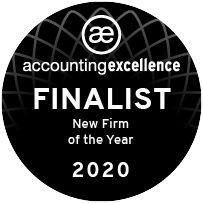When your company year end comes around and its time to file your accounts it can be a very confusing time with directors often being unsure of the paperwork and information needed.
This guide is intended to make the process a bit easier for the first time directors, and for those that have done it before but still haven’t quite got their heads around it.
WHAT DOES “YEAR END” MEAN?
Simply put, your companies year end is the date your company’s accounting period ends. The year end is usually dictated by when you set the company up, but it can be changed. The year end will always end of the last day of a month.
WHAT DO I NEED TO FILE?
Once your accounts have been completed you need to file information and returns with both HMRC and Companies house to ensure you’ve completed all your duties as a director.
HMRC
Your companies tax return is filed with HMRC, its often called your Corporation Tax Return or CT600. This shows details of your company’s income, less any expenses and tax allowances. Your profit is then used to calculate how much corporation tax your company needs to pay.
The annual accounts are also filed with HMRC. They are made up of a few parts:
- The income statement shows your profit or loss for the period. Obviously if there is a loss there is no corporation tax due!
- The statement of financial position shows your company’s position at its year end. Showing its value based on its assets, liabilities, capital and reserves.
- The footnotes then provide information about transactions between the company and its directors, like loans, advances and guarantees.
COMPANIES HOUSE
Many companies accounts are prepared using the financial reporting standard for micro-entities, which is also known as FRS 105. If you are one of these companies then companies house will be sent the statement of financial position and the footnotes. Once these are filed with companies house they are published on their website and anyone can view these.
WHEN DO I HAVE TO DO ALL THIS BY?
Companies house require your annual accounts to be filed with them within nine months of your year end, or within 21 months of your registration date if its your first return.
For your corporation tax you must pay the tax within 9 months and 1 day after the end of the accounting period, but the deadline for filing the return is 12 months after the end of the accounting period. We think this is a bit confusing so tend to say 9 months after year end for everything!
WHAT HAPPENS IF I MISS A DEADLINE?!
HMRC
Delay Penalty
- 1 day £100
- 3 months Another £100
- 6 months HMRC will estimate your Corporation Tax bill and add a penalty of 10% the unpaid tax
- 12 months Another 10% of any unpaid tax
- If your tax return is late three times in a row, the £100 penalties are increased to £500 each.
COMPANIES HOUSE
Delay Penalty
- Up to a month late £150
- 1 to 3 months late £375
- 3 to 6 months late £750
- Over 6 months late £1,500
- If you file late two years in a row the penalties are doubled.
You can be fined and your company struck off from the Companies House register if you don’t send your accounts in on time!
MY ACCOUNTANT DOES ALL THAT…WHAT DO I NEED TO DO?
Make sure all your paperwork is in order. You need receipts and records for everything that’s happened during the year. This can mean contacting suppliers for statements, banks for copy statements and hunting down invoices you’ve issued.
Try and get as many of your outstanding invoices paid as possible. You want your year end accounts to be as accurate as possible, so making sure as many invoices as possible are paid really helps.
Think about your expenses, have you claimed everything you’ve spent in the year? Everything helps to reduce the corporation tax bill looming!
We can prepare your accounts, make sure they are filled in time and keep you updated with everything as we go along, so get in touch if your year end is coming and you’d like some help!







